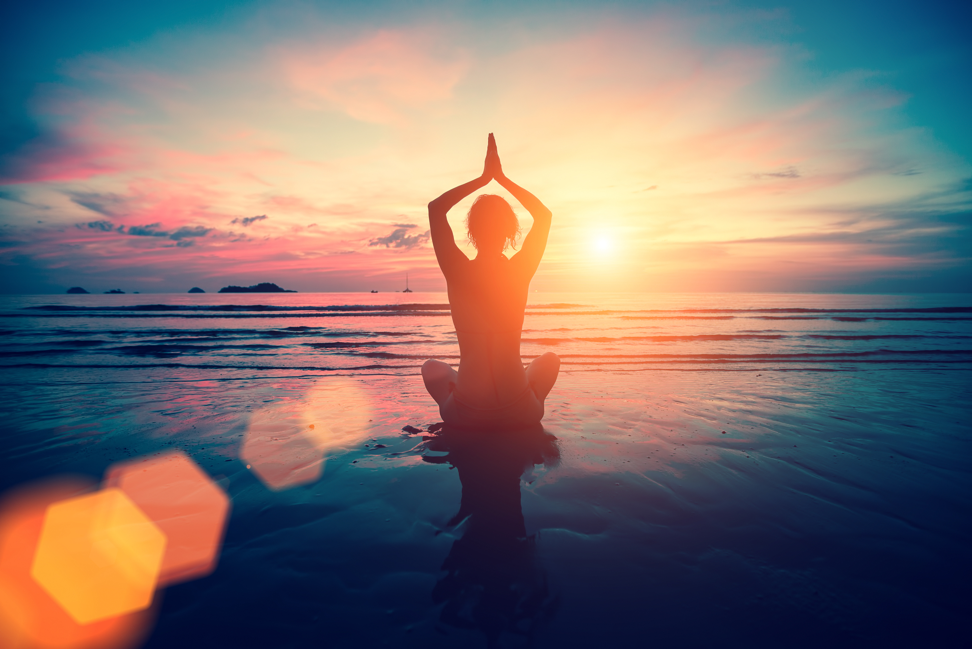Eternity in an Hour
Following tragedy, any tragedy, eternity and mortality become close companions. Anyone who has been through trauma—any trauma, however defined—will understand how an hour, a minute, a day can seem like an instant or an eternity. In those moments we are lifted so far out of ourselves that time ceases to have meaning. Even in retrospect, those moments take on the outside-of-time quality that they first possessed. This time travel, if you will, is not a superhuman feat, and it’s not a phenomenon belonging solely to tragedy. Think of the best day of your life, think of the anticipation of that day. One flew by, the other dragged on interminably. Here’s the thing: we can cultivate this ability to time travel. Meditation gifts us with the ability to stay solely in the moment so that there is neither eternity nor fleeting flash of time passing. Everything is eternity; everything is a flash of time passing. The first time you sit down to meditate and the ten minutes, the hour, whatever, flies by as if you had just closed your eyes is an experience almost beyond belief. It hasn’t happened to me all that often (probably because I’m constantly trying to replicate it), but when it does, it reminds me so clearly and so sharply of my own mortality. The experience of time in and of itself is a crazy, exhilarating meeting of expansion and contraction, of assumption and perception. It’s what cues you into the idea that your reality is just one eternal moment which can stretch or snap, depending on where you put your attention. And here’s where it gets (even more) interesting. When you have this insight in meditation, you suddenly see both how fragile and how indestructible everything is—all at the same time. You are going to go on and go on and go on until you don’t. When you realize this, when you are aware of this aspect of mortality, then you become aware of how important your choices are. Tragedy teaches this, but meditation does it with less violence. Suddenly we wonder why we’re wasting our time with road rage, with people we don’t like, with people or situations that don’t support us. Why are we squandering even part of this eternal moment on backbiting, gossiping, boredom, or anger? Horrible, heartrending things are going to happen. But we don’t need to choose anger, frustration, hatred. We have the superhero-like ability to step back from the monkey mind, always swinging from branch to branch, and choose how to react to any situation. I can sit in traffic and I can allow anger to build, wasting all of this valuable life energy, or I can choose differently. I can choose where to put my focus. This eternal moment in which we spend our lives really does go all too quickly. Why do we choose misery? Why, when I get home, do I look around to see what chores are or aren’t done? Why [...]


